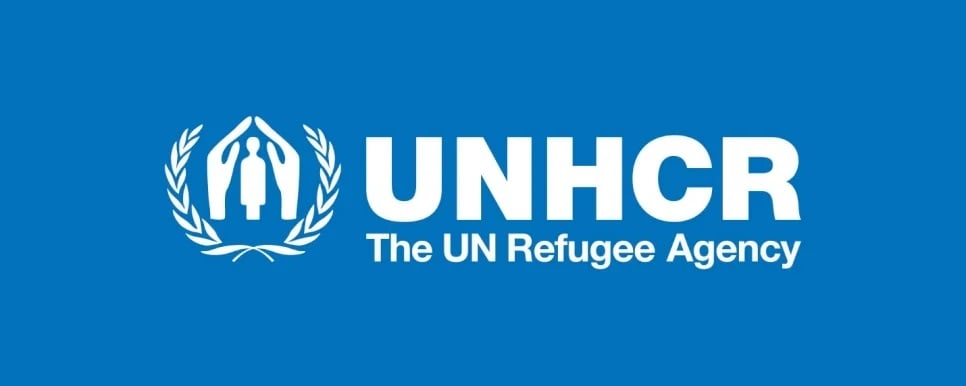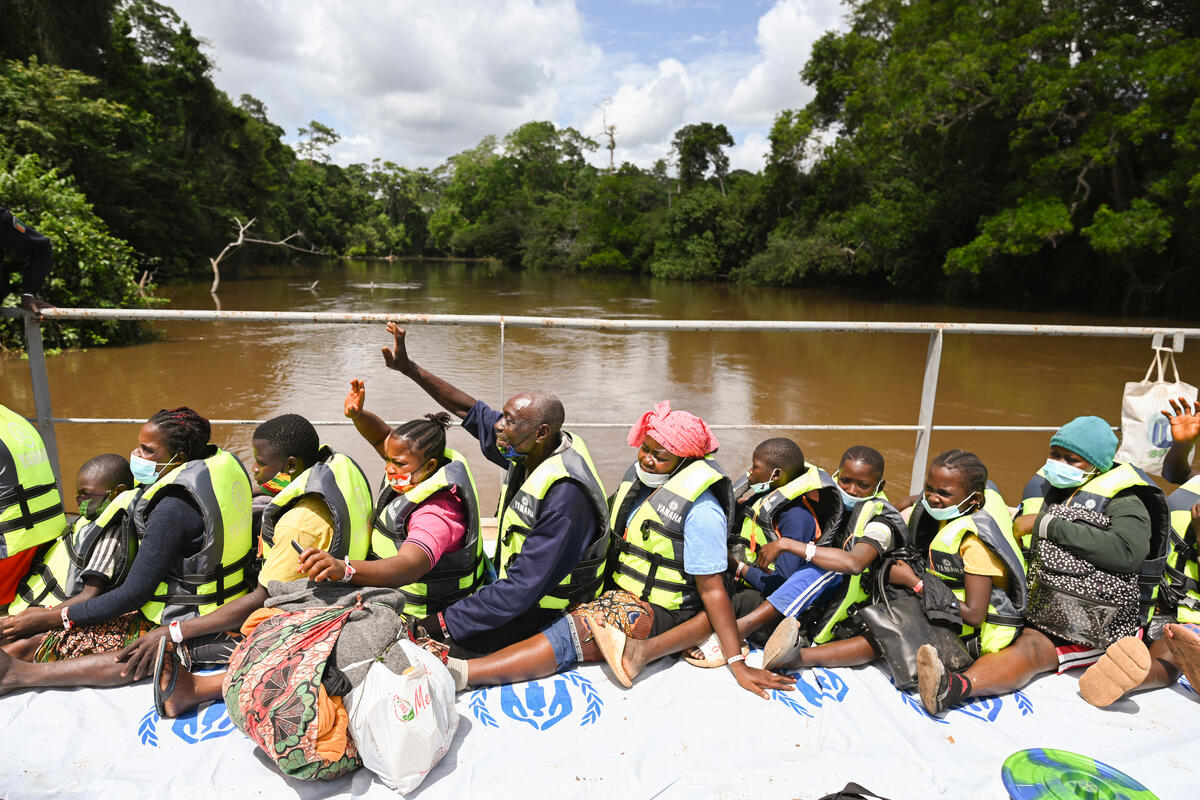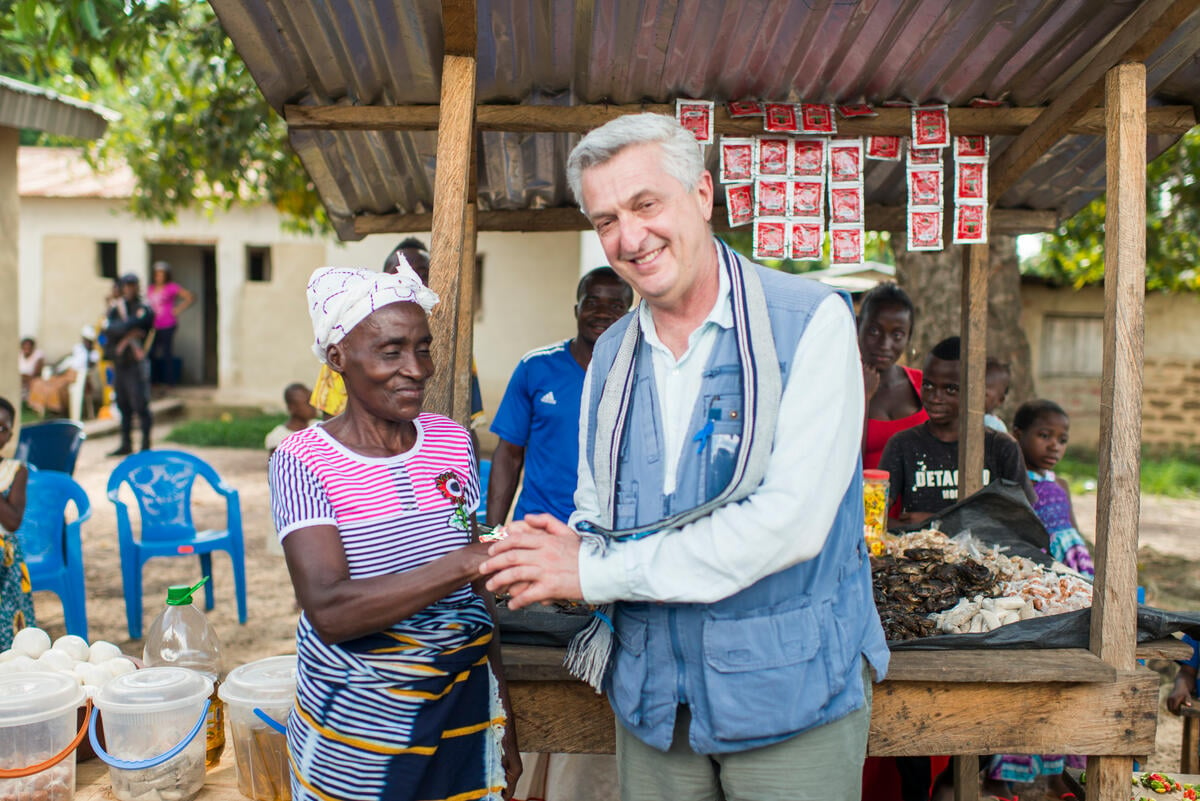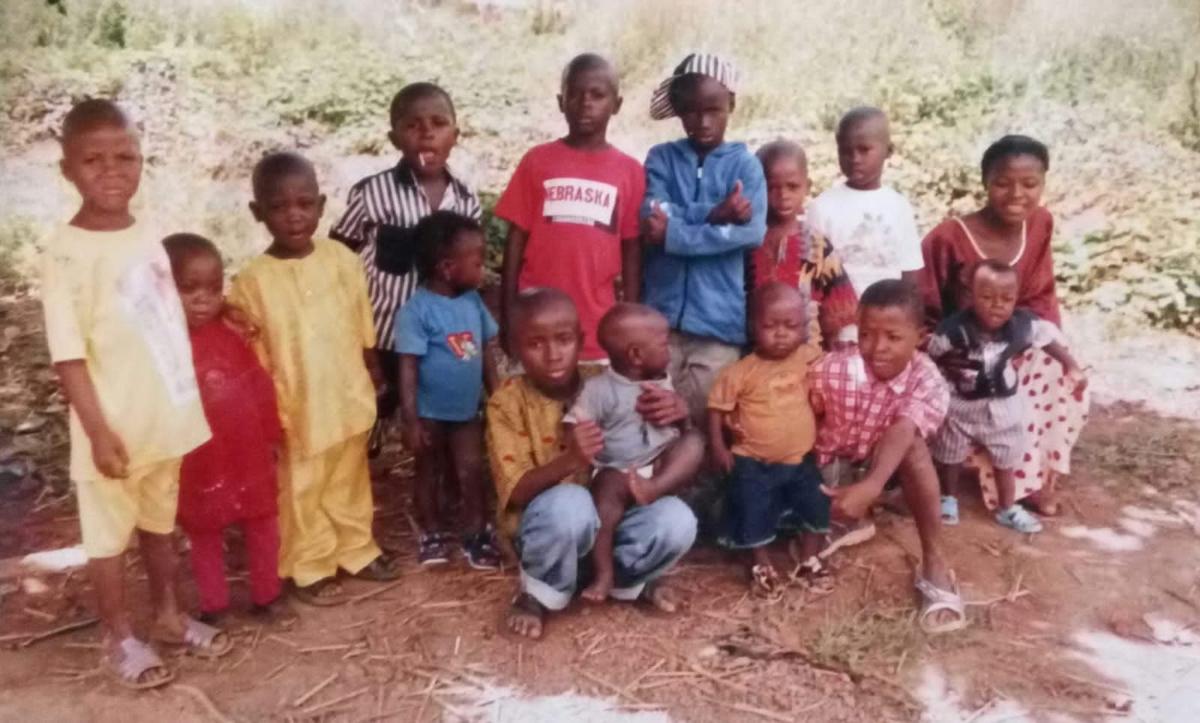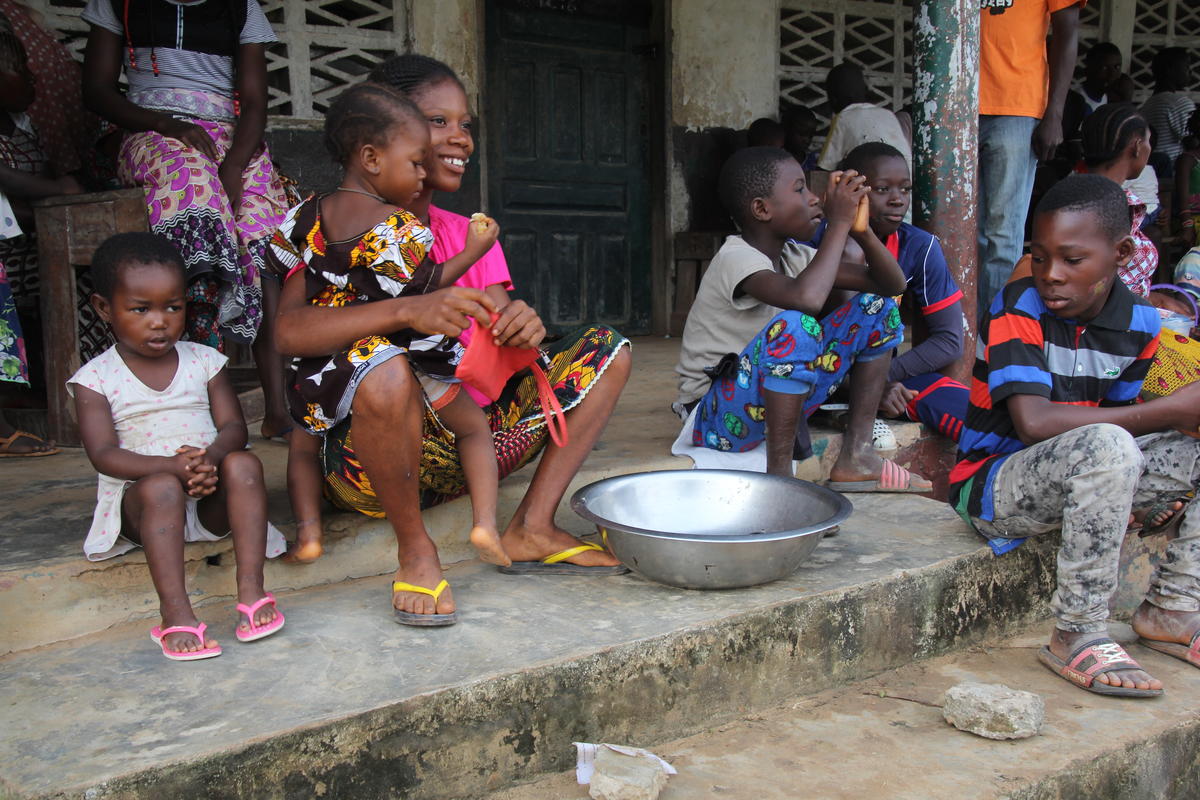Heavy rains worsen conditions for refugees in Liberia
Heavy rains worsen conditions for refugees in Liberia
MONROVIA, Liberia, July 12 (UNHCR) - While the exodus from Liberia has slowed down in recent days, heavy rains in the region have raised concerns about the deteriorating conditions of Sierra Leonean refugees in Liberia.
UNHCR has warned that heavy rains in the region will likely exacerbate the conditions of thousands of people - Liberian civilians and Sierra Leonean refugees - believed to be hiding in the bush after a June 20 rebel attack on Sinje refugee camp in north-western Liberia.
The bad weather has also made it more difficult for people making the 80-km journey from Sinje to the Liberian capital of Monrovia. UNHCR has registered some 3,800 refugees from Sinje arriving in its five camps in the Monrovia area since the rebel attack. The latest arrivals are visibly famished, sick and exhausted from walking the long distance.
There have been reports of others who could not manage the walk to the Monrovia area due to injuries sustained in the attack, or because they were too weak from hunger. Some have hired transportation to bring them to the camps, but not many could afford the exorbitant prices - as much as 500 Liberian dollars (approx. US$8) for a trip that normally costs around 150 dollars.
Heavy rains have also wrecked the roads leading to the Monrovia camps, limiting access especially to camps in Zuannah and Samukai towns. UNHCR may try to rehabilitate the worst sections of the roads as it prepares for a possible sea repatriation of Sierra Leonean refugees. This operation would require transporting refugees from the camps to the seaport, and could begin as early as next week. So far, some 4,000 Sierra Leonean refugees in Liberia have registered to go home.
Meanwhile, the flow of people from Liberia to Sierra Leone has slowed in recent days to about 100-150 per day, down from some 400 per day last week, and from as many as 1,700 per day two weeks ago. Between June 20 and July 10, more than 8,800 Liberian refugees and 2,300 Sierra Leonean returnees crossed at the Gendema crossing point. Hundreds more have crossed at the three other official crossing points, as well as via various unofficial crossing points along the border.
UNHCR continues to move new arrivals from the official entry points to the Zimmi waystation, where they spend one or two nights in transit before being relocated to the UNHCR camps. At Zimmi, they receive food and undergo medical and security screening. About 1,440 people are currently at the waystation. Since the beginning of the year, more than 17,000 Liberian refugees have been relocated from Zimmi to refugee camps. In all, the camps currently host some 28,000 refugees.
Further north, the number of Liberian refugees in Sierra Leone's Kailahun district also continues to increase, with new arrivals entering through unmanned entry points. There are an estimated 10,000 Liberians currently residing in Kailahun, mainly among the local communities.
Responding to concerns expressed by the local authorities, UNHCR Kailahun has started a new information and sensitisation campaign to encourage refugees to relocate to camps. The exercise will go on for the next two weeks. Yesterday, the refugee agency transferred 178 Liberian refugees from the border areas to the refugee camps in Bo District. From the beginning of the year through July 5, over 8,800 Liberian refugees have been relocated to the refugee camps from Kailahun.
In Guinea, more than 1,500 Liberian refugees have arrived in the past two weeks. UNHCR Sierra Leone has made it a priority to transfer the thousands of new arrivals further inland, diverting its limited trucking capacity away from the voluntary repatriation of Sierra Leonean refugees from Guinea, which has been suspended since June 27.


